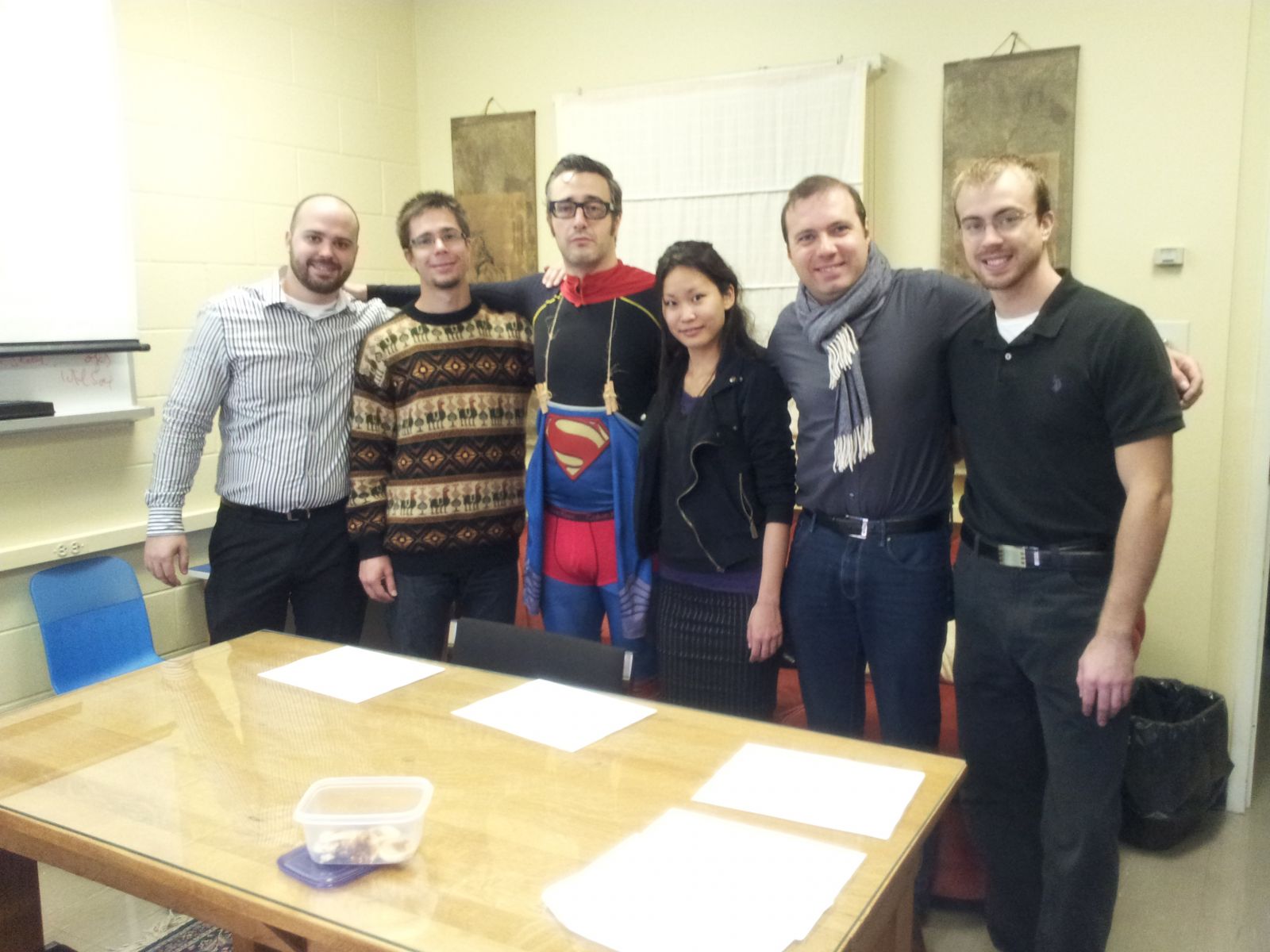The Emotion Change Lab
Director: Dr. Antonio Pascual-Leone
Overview and Mission
Emotions are complex states of affect and meaning, and when they are healthy they orient and organize us for action in our lives. However, at the same time working through emotional pain is often an unavoidable challenge, as when suffering a major disappointment, having one's heart broken, feeling overwhelmed, or having lingering bad feelings about something.
While people who work through these difficulties often do so in highly idiosyncratic and personalized ways, it turns out there are actually principles of emotion change. So, what does “emotional processing” really mean? And how can we facilitate it? This is the overarching question for our program of research.
Objectives
Psychotherapy offers a unique research opportunity to study how emotion changes and in what ways. But at the same time, the basic principles of emotional change are part of our everyday life. In the emotion change lab we study:
- Emotions and their different change processes, in both clinical and non-clinical populations
- Psychotherapy process and outcome
- Individual differences that moderate emotional processing
- The relationship of psychopathology to emotional functioning
Who funds the lab?
The lab has received funding through grants from the Social Sciences and Humanities Research Council (2010-2015) and has also been funded by other agencies including the Ontario Problem Gambling Research Centre, and University of Windsor.

How the lab works
The Emotion Change Lab operates as a tightly knit lab that is joined by a number of active national and international collaborators. Research projects in our lab are often vertically integrated such that students gain training in data collection from the director as well as from senior graduate students and their data sets are sometimes subsets of larger overarching projects. Many of these projects use overlapping variables to facilitate collaborative efforts. One of the advantages to dovetailing new projects with existing and emerging topics of research is that it helps ensure students have access to one another as supporting staff (raters, coders, helpers in data collection, etc). In short, this support/structure allows students to often assume the responsibility for executing larger projects that are well placed on the frontier of our field of research. Moreover, international collaborations, research consultations, and data exchanges are an ongoing part of our work.
The Emotion Change Lab is located in Chrysler Hall South room 262, University of Windsor.
For more information regarding the lab, visit our additional web pages.
Research Collaborators (active coauthorships, grants, projects)
Canadian:
- Dr. Fushia Sirois, Bishop’s University, QP.
- Dr. Sandra Paivio, University of Windsor, ON.
- Dr. Josée Jarry, University of Windsor, ON.
- Dr. Alberta Pos, York University, ON.
- Dr. Leslie Greenberg, York University, ON.
- Dr. Robert Arnold, University of Windsor, ON.
International:
- Dr. Ueli Kramer, Institute of Psychotherapy, University of Lausanne
- Dr. Ladislav Timulak, Trinity College, Dublin, Ireland
- Dr. Maria Stein, University of Bern, Switzerland
- Dr. Franz Caspar, University of Bern, Switzerland
- Dr. Luís Botella, Blanquerna Universitat de Ramon Llull, Spain
